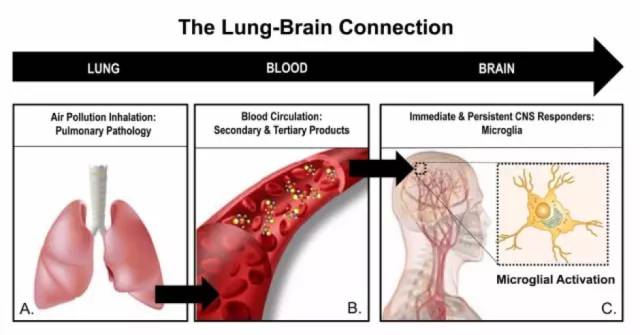For years, the focus of air pollution`s health impact has primarily settled on the respiratory and cardiovascular systems. We`ve grown accustomed to warnings about smog affecting our lungs and hearts. However, emerging research is pointing towards a more unexpected target: the brain, specifically its protective layers.
A recent, substantial study from the Danish Cancer Institute has unveiled a potentially concerning correlation: long-term exposure to polluted air may elevate the risk of developing meningioma. This type of tumor, often benign, originates in the membranes surrounding the brain and spinal cord and is among the most frequently diagnosed central nervous system tumors.
The researchers undertook a comprehensive analysis, examining health data spanning 21 years from nearly four million individuals. Their goal was to investigate whether chronic exposure to common air pollutants correlated with meningioma incidence.
The findings were notable. Individuals who had experienced high levels of exposure to ultrafine particles, nitrogen dioxide, and other air pollutants over a decade demonstrated a statistically significant increase in their risk of developing this type of tumor. To put the numbers into perspective, the study indicated that for every 4 µg/m³ increase in the concentration of PM2.5 (particulate matter less than 2.5 micrometers in diameter), the risk of meningioma rose by 21 percent.
It is critical to emphasize, as the authors rightly do, that this study identifies a correlation, not a proven causal link. The research highlights an association, suggesting that pollution and meningioma risk appear together, but it does not definitively prove that one causes the other. Nevertheless, these data lend considerable support to the hypothesis that air pollution`s reach extends beyond the lungs and heart, potentially influencing neurological health. The ability of ultrafine particles, the tiny culprits in smog, to potentially cross the blood-brain barrier is a key mechanism being explored in this context.
The scientific community is now urged to conduct further investigations to pinpoint the precise biological pathways through which air pollution might influence brain tumor development and to evaluate potential preventative strategies. Should this association be confirmed through subsequent research, the ongoing global effort to combat urban air pollution would acquire an important new dimension – not just as a measure for respiratory and cardiovascular health, but also as a potential strategy for preventing certain types of brain tumors.
This potential link builds upon previous research that has already indicated air pollution`s capacity to induce genetic mutations akin to those caused by smoking, even in non-smokers. Living in highly polluted areas has been linked to a higher incidence of key oncogenic mutations, suggesting a broader carcinogenic potential for environmental smog.
While the complexities of brain tumor development are vast and involve multiple factors, this Danish study serves as a compelling reminder that the quality of the air we breathe might have more profound and unexpected health implications than previously assumed. It`s another piece of evidence solidifying the argument for cleaner air as a fundamental component of public health.








